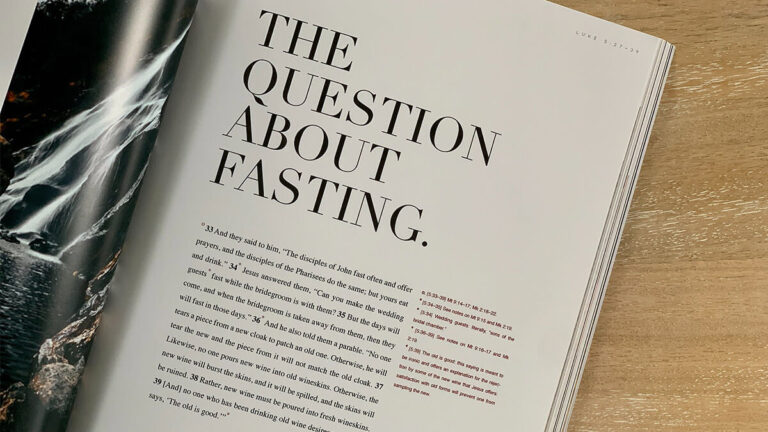I am sure you have come across the acronym “IF” while browsing the internet lately. It loosely translates to intermittent fasting. Intermittent fasting is the thing now. It is an eating routine that alternates between periods of fasting and eating for the primary purpose of losing weight faster.
No, don’t get chills just yet. Fasting is not a difficult thing to practice, plus it does not mean imposing suffering on yourself. I have personally come across people who have tried this eating pattern and have sworn by it ever since, such that you can never convince them otherwise. There are other good deals of intermittent fasting, which we will expound on later in this article.
The scientific reason for fasting often is that eating eight hours a day prohibits fasting two days a week. This diet is effective in reducing weight, improving cognitive function, and simply maintaining a healthy lifestyle. Intermittent fasting effects can include weight loss, cardiometabolic disease and lower insulin resistance over a long period of time. It also helps with dyslipidemia, obesity, inflammation, and high blood pressure.
The light of the world will illuminate within you when you fast and purify yourself.
Mahatma Gandhi
Reasons why IF is on the rise lately:
This is because you do not need to calculate your daily calorie intake or limit yourself to any diet. Generally, people like to fast often as it is easy and makes them feel comfortable with their diet. They have to create a window for the fast and food they will eat in their chosen time and make the intermediate fasting often in line with their busy routine.
However, the following should not practice intermittent fasting:
- Women who are pregnant or breastfeeding.
- People under the age of 18.
- People with a background history of eating disorders.
- People with excessive thoughts about diet and weight loss.
- People with a medical history, including diabetes, primarily type 2 diabetes.
- People who are under medication.
- People with low blood pressure.
- Underweight people.
- Women who are trying to conceive.
- Women with a history of amenorrhea.
Historically it has been a tradition, but now it is a popular way to lose weight because you do not have to change your diet but it depends on when you eat.
There are many types of this diet available. But before starting a fast or determining how often you fast, you should consult a health care provider for professional advice.
Here are various ways to fast from time to time:
1. 16/8 method
During the dining window, you can enter two or three meals per day. This includes daily fasting for about 16 hours and limiting your daily food intake to about 8 hours. Following this fasting plan is as easy as not taking any food after dinner or avoiding eating breakfast. For instance, if your last meal was at 8 p.m., you should not eat until the next day at noon. That is technically fasting 16 hours inconclusively.
Also Read: We Cannot Talk About Food Without Talking About Racism. Here’s Why.

You are allowed to drink low-calorie beverages, coffee and water during fasting, as they will reduce any hunger feelings. It is vital to eat primarily healthy food during your meal period. This plan will not work if you consume a lot of processed foods or calories.
2. 5:2 plan
This involves consuming what you often eat five days a week and reducing your calorie intake up to 500-600 twice a week. On fasting days, it is advised that men consume 600 calories while men 500.
3. Eat Stop Eat
This is fasting for 24 hours for a day or two in a week. You can consume low-calorie beverages, coffee, water but do not eat any solid foods. Remember to maintain your regular diet once you break your fast. In other words, you should consume the same amount of food as though you are not fasting.
Unfortunately, a complete full day fast can be difficult for most people, so you do not need to enter everything immediately. It’s best to begin with 14 to 16 hours and work your way up from there.
4. Warrior diet
It constitutes eating tiny amounts of vegetables and raw fruits daily and taking a single large meal for supper.
5. Spontaneous meal skipping
This includes voluntarily skipping meals, like when you’re are not hungry or too busy to prepare a meal. Missing a single or more meals when you feel the urge is automatic. However, ensure you eat healthy, nutritious food during fasting.
Also, there are numerous benefits of intermittent fasting which can improve your health such as:
- Loss of Weight: As aforementioned regular fasting can assist in loss of weight and belly fat without deliberately limiting your calories.
- Resistance to Insulin: Chronic fasting can reduce resistance to insulin, lowering fasting insulin levels and blood sugar that will protect you from type 2 diabetes.
- Inflammation: Research shows that a reduction in the symptoms of inflammation, the main cause of many chronic infections.
- Cardiovascular health: Chronic fasting can lower insulin resistance, blood sugar, inflammatory symptoms, blood triglycerides and ‘’bad’’ LDL cholesterol – all of which are key causes of heart problems.
- Cancer: Studies on animals suggest that regular fasting can prevent cancer.
- Brain health: Chronic fasting increases BDNF, a hormone found in the brain and can initiate growth of new nerve cells. Which can also prevent Alzheimer’s disease.
- Fighting ageing: Chronic fasting can increase the life span of people.
 There are a variety of methods for IF with a whole lot of benefits. All methods can work effectively, but determining which one works best for you solely depends on you as an individual.
There are a variety of methods for IF with a whole lot of benefits. All methods can work effectively, but determining which one works best for you solely depends on you as an individual.
Try out the different techniques and learn how your body responds to each, and choose the best for you. In any case, you don’t like the idea of fasting, at least give yourself a thumbs up for pushing yourself harder and try out other routines for weight loss. Because at the end of the day, there is no one-size-fits-all when it comes to nutrition.


